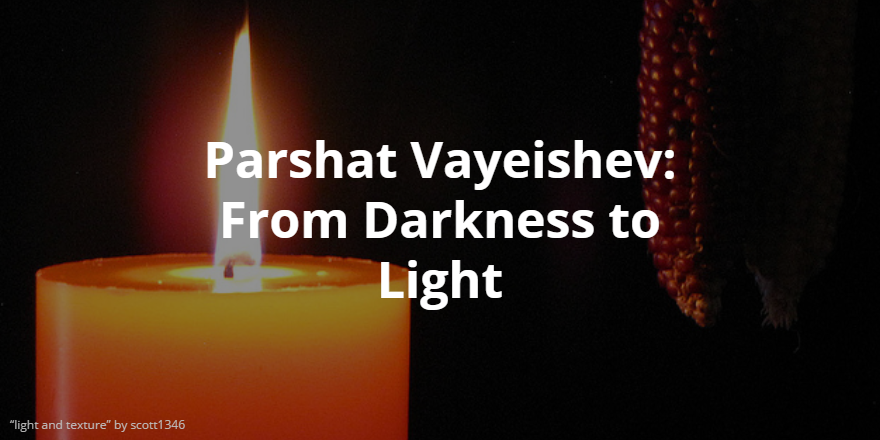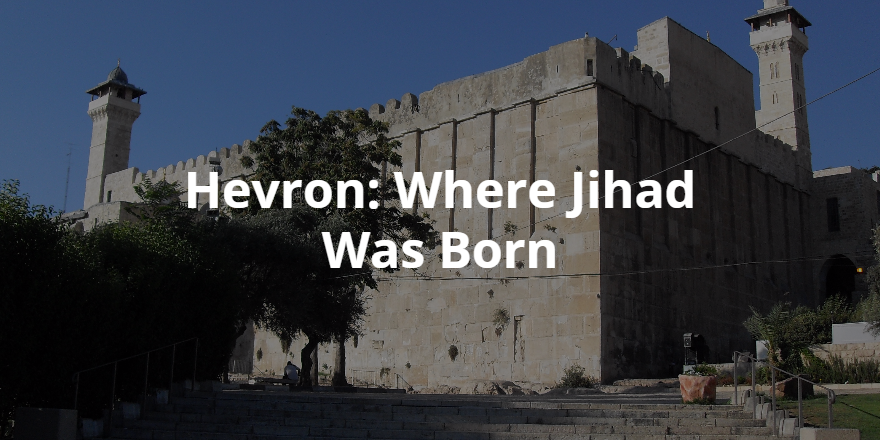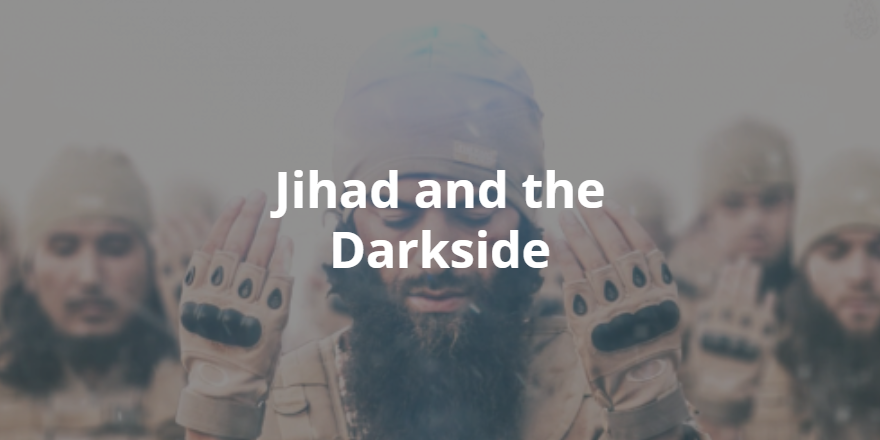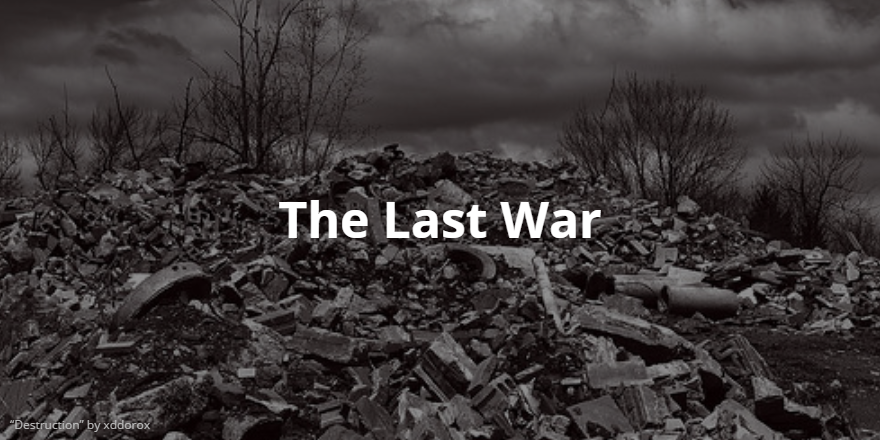Our Sages explain human history to be characterized by the incessant struggle between good and evil. The Kadosh Barukh Hu places forces of darkness into our world as an essential ingredient to enable free will and human growth. This evil has been Divinely tasked with attempting to prevent the Children of Israel from fulfilling our national mission of bringing mankind to the awareness of HaShem as the timeless ultimate Reality without end that creates all, sustains all, empowers all and loves all.
As any good story requires a formidable antagonist, these forces of darkness are placed into the system of Creation in order to ultimately be defeated by the Jewish people, who must struggle to overcome the earthly manifestations of this evil – whether in the form of enemy nations or in the form of our own destructive inclinations – in order to reveal HaShem’s Oneness to humankind.
At historic points with great potential for the emergence of light and the advancement of Israel’s national development and mission, the forces of evil fight tenaciously to prevent the light of our redemption from breaking through to this world.
“Many days had passed and Shua’s daughter, the wife of Yehuda, died; when Yehuda was consoled, he went up to oversee his sheepshearers – he and his Adullamite friend, Ḥirah – to Timnah. And Tamar was told, as follows, ‘Behold your father-in-law is coming up to Timnah to shear his sheep.’ So she removed her widow’s garb from upon her, covered herself with a veil, and wrapped herself up; she then sat by the crossroads which is on the road toward Timnah, for she saw that Shelah had grown, and she had not been given to him as a wife.” (BEREISHIT 38:12-14)
The righteous Tamar had been Divinely ordained to be the ancestress of the Davidic dynasty. Sensing her importance to the story of mankind, she fervently yearned to carry out her role. But at the moment when the seed of David would come into being through the union of Tamar with a son of Yehuda, there was ferocious resistance from the Sitra Aḥra (evil forces). Both Er and Onan – Yehuda’s two eldest sons – were mysteriously enticed to commit offenses stretching beyond the normal standards of human lust.
Following the transgressions and subsequent deaths of his sons as a result of what he believed to be their marriages with Tamar, Yehuda kept his third son Shelah away from his twice widowed daughter-in-law. Feeling deprived of the opportunity to participate in the story of Am Yisrael, Tamar resorted to the distasteful measure of posing as a prostitute in order to bring about a union between herself and Yehuda.
“When Yehuda saw her, he thought her to be a harlot since she had covered her face. So he detoured to her by the road and said, ‘Come, if you please, let me consort with you,’ for he did not know that she was his daughter-in-law.
And she said, ‘What will you give me if you consort with me?’
He replied, ‘I will send you a kid of the goats from the flock.’
And she said, ‘Provide you leave a pledge until you send it.’
And he said, ‘What pledge shall I give you?’
She replied, ‘Your signet, your wrap and your staff that is in your hand.’ And he gave them to her, and consorted with her and she conceived by him.” (BEREISHIT 38:15-18)
While such a ruse would normally not have worked on a man as virtuous as Yehuda, our Sages teach that he was Divinely compelled to consort with the mysterious harlot.
“R’ Yoḥanan said, Yehuda sought to pass by Tamar. The Kadosh Barukh Hu dispatched the angel of lust to trap him. The angel said to Yehuda, ‘Where are you going? From where will kings arise? From where will great men arise?’ Yehuda then detoured to her by the road. He was coerced, against his good sense.” (Bereishit Rabbah 85:8)
Tamar’s disguising herself as a prostitute and Yehuda’s consorting with her were acts that provoked no resistance from the Sitra Aḥra. But the union resulted in the birth of twin boys, of which one would become the ancestor of King David and the future Mashiaḥ that will lead the Jewish people in ushering in a perfect world.
The episode of Yehuda and Tamar is not unique in the messianic lineage. David’s great grandmother Ruth had initially been born a princess of Moav, a nation from which the Torah instructs Israel not to accept gerim (outsiders who naturalize into the Hebrew Nation).
“An Ammonite or Moabite shall not enter the congregation of HaShem, even their tenth generation shall not enter the congregation of HaShem, to eternity, because of the fact that they did not greet you with bread and water on the road when you were leaving Egypt, and because HaShem, your G-D, refused to listen to Bilaam son of Beor, of Pethor, Aram Naharaim, to curse you.” (DEVARIM 23:4-5)
The nations of Ammon and Moav came into being under shameful circumstances, resulting from incestuous unions between Lot and his two daughter (BEREISHIT 19:31-38). One of the daughters went so far as to brazenly publicize the deed by choosing to name her son Moav (from father).
Moav had been so determined to prevent Israel from entering our homeland and establishing the kingdom that would manifest the Divine Ideal that they even sent their daughters to seduce Hebrew men into sin. The Torah therefore bans Moabites from marrying into Israel. While our Sages explain this prohibition to apply only to Moabite males and not females, this legal opinion took time to gain acceptance and, as a result, both Ruth and her great grandson David experienced difficulty getting married until the issue was finally settled following generations of legal debate (Brakhot 28a, Yevamot 76b, Ruth Rabbah 7). Our Sages teach inYalkut HaMekhiri that even David himself was considered for some time to have been the child of an illicit relationship.
The recognition that David – the biological and conceptual forbearer of the eventual messianic king destined to lead Israel in fulfilling our national mission – came into this world through a series of challenging and legally questionable circumstances, guided the attitudes of many great Torah giants towards the Zionist movement in its earliest stages.
While many scholars condemned Zionism due to the ignorance of Torah values prevalent among the movement’s leadership, others recognized a Divine process of redemption to be at hand. They understood that had practical political efforts to return the Jewish people to sovereignty in the Jewish homeland been led by Torah giants and traditionally pious Jews, the Sitra Aḥra would have fought to frustrate these efforts and obstruct the redemption process. But from the labors of Zionist leaders largely disconnected from our Torah eventually rose the State of Israel – a great leap forward in advancing the Jewish mission of establishing a kingdom that would manifest HaShem’s Ideal in all spheres of human existence and lead mankind towards a future in which all peoples and movements find full expression and fulfillment under the unifying canopy of G-D’s Divine Truth.
Even with all the confusion surrounding modern events within Israel, the redemption process continues to unfold in ways often difficult for many to understand. As active participants in history, we often find ourselves astounded by how the story actually unfolds. Events we might expect to play out a certain way have a habit of coming about through means that often surprise us. These plot twists are partially due to the fact that the light of redemption is so incredibly bright that it must be hidden from those forces seeking to obstruct the process. The light therefore appears in a distorted fashion that lulls the Sitra Aḥra into passivity.
In these generations of national rebirth, it is crucial to strengthen and deepen our understanding that it is the Author of history who has returned Israel to the world stage. As characters in the story, we must adjust our own perspectives rather than stubbornly refuse to accept the nature of His plan. This higher awareness and acceptance is central to effectively participating in the redemption process, a process destined not only to restore Jewish independence in our homeland but also to lead all humanity towards an era of internationalist brotherhood, universal fulfillment and total Divine blessing.






